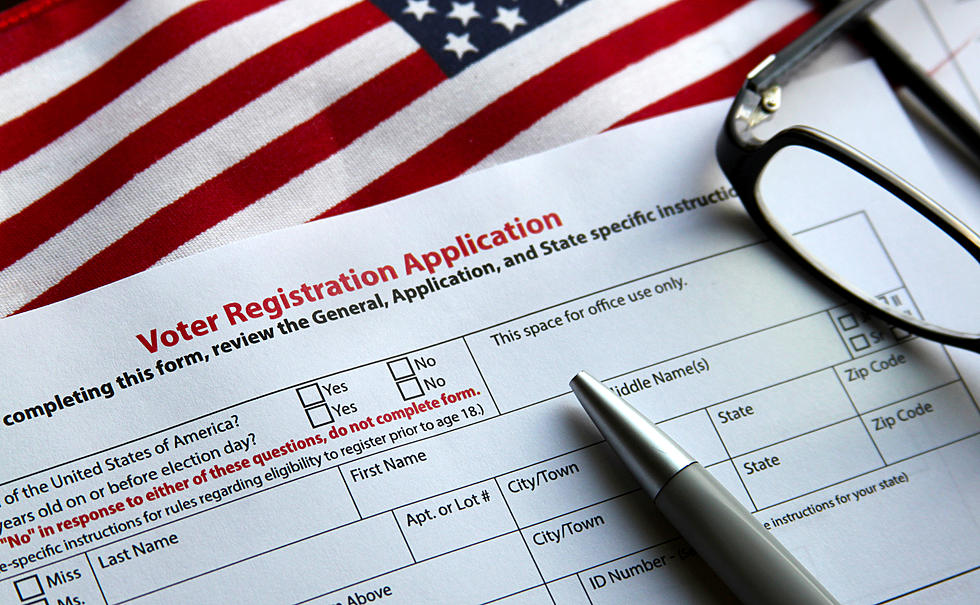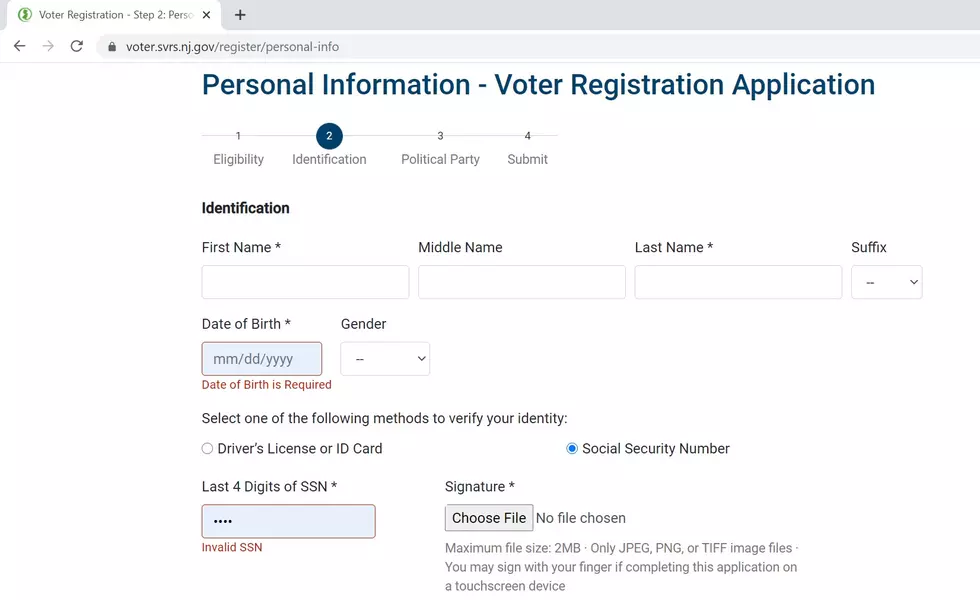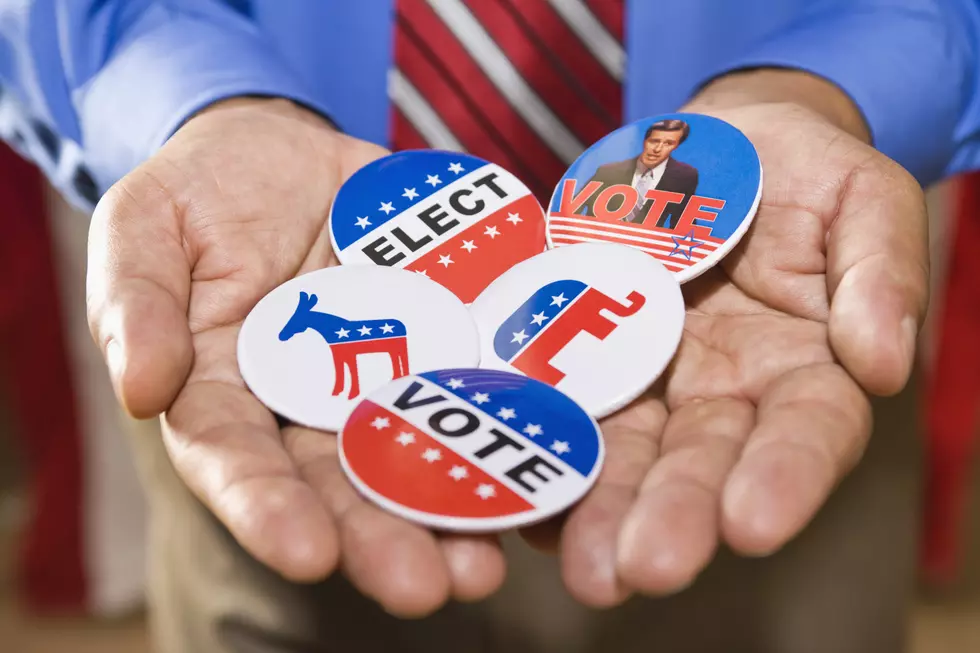
Court Hears Argument About NJ Voting Machines
Voting rights lawyers returned to a New Jersey appeals court Tuesday to ask the judges to force the state to replace paperless voting machines with a new system that they say would be less vulnerable to hacking and could be used for a recount.
A lawyer for the state argued that a change would be too costly and that other styles of voting machines are vulnerable, too.
The hearing was the latest chapter in a 9-year fight over the logistics of the way the state votes, frustrating activists who say New Jersey has fallen behind as most states have moved away from the type of machine still used in most of New Jersey.
Most voting machines here are touch-screen machines made by Sequoia Voting Systems, now owned by Denver-based Dominion Voting Systems.
Lawmakers in 2005 adopted a bill requiring a move to another kind of machine, but the move was never made. Amid the Great Recession in 2009, the Legislature indefinitely suspended the requirement.
"I'm not saying that New Jersey is flush with funds, far from it," Penny Venetis, director of the constitutional law clinic at Rutgers Law School in Newark, told a three-judge panel. "I understand. But we are dealing with our most fundamental right."
Venetis argued that the current system violates the state constitution because it cannot be assured that votes are recorded as they're intended. "Why should we trust this black box?" she asked.
Venetis and another lawyer told the judges that the machines can be hacked by a number of methods. Even though the machines record votes in four separate places, they say there's not enough redundancy because a computer programmer could change the backup recordings so they would also show wrong vote totals.
And, they said, there's not a good way to catch problems, whether they're caused by fraud or error. They described two voting issues in the past. During primary elections in 2008, some Democrats were given Republican ballots and vice versa, and in 2011, votes were recorded incorrectly in one Cumberland County election.
They said an optical scan system -- a bit like the ones used to read standardized tests or lottery number selections -- could provide a paper backup and would let voters know how their choices are recorded.
Assistant Attorney General Donna Kelly, arguing for the state, told the judges that there are problems with other voting methods, too. And she said that while the machines can be hacked, it would take a monumental effort and would require criminal activity.
"If you go back hundreds of years ago, there was the ballot box," she said. "There was all this concern about stuffing the ballot box."
Kelly added that the cost remains a reason not to switch.
"We don't have the $19 million to implement it," she said. "That's where we stand now."
That sum is less than one-tenth of 1 percent of the roughly $30 billion per year in the state government's budget.
Appeals courts normally take at least several weeks to rule after arguments.
Judge Carmen Messano, who did most of the questioning for the court during Tuesday's hearing, said he agreed that there are problems with the voting machines. But he said he was struggling to come up with other cases where the court ruled the state violated citizens' rights not by an action but by failure to take action.
(Copyright 2013 by The Associated Press. All Rights Reserved.)
More From New Jersey 101.5 FM









